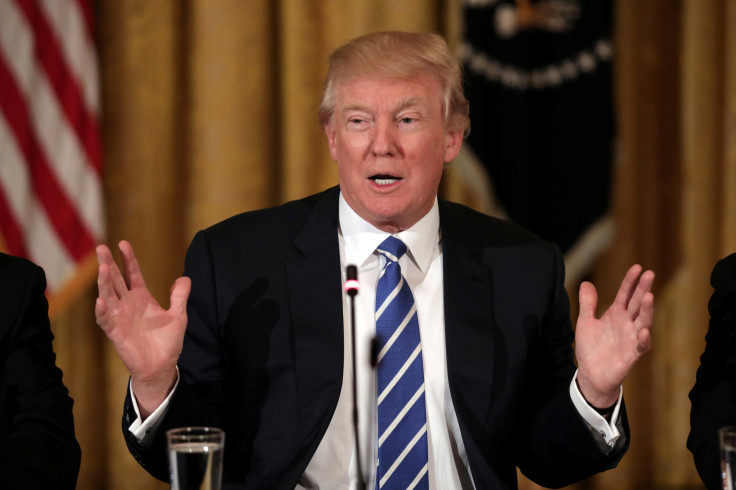Trump Travel Ban 2.0: Hawaii Judge Refuses To Limit His Order On Revised Travel Ban

U.S. District Judge Derrick Watson from Hawaii, in a court ruling Sunday rejected the government's request to clarify his temporary restraining order on President Donald Trump's revised travel ban. Watson told federal lawyers who protested against his ruling that "there is nothing unclear" about his restraining order against the ban.
Watson ordered a temporary halt to Trump's revised travel ban Wednesday in response to a lawsuit from the state of Hawaii and said that there was "significant and unrebutted evidence of religious animus" behind the travel ban. Trump's revised travel ban restricts travel into the U.S. for 90 days by citizens of Sudan, Syria, Yemen, Iran, Libya and Somalia. It also restricts any kind of refugee resettlement from any country for 120 days.
If Watson accepted the Justice Department's request to limit the ruling then this Hawaii ruling would have been quite similar to a Maryland federal court order by U.S. District Judge Theodore D. Chuang against the new travel ban, issued on Thursday. Chuang's order only covered the part relating to the issuance of visas from the six countries banned by Trump's travel order. However, Watson's temporary ruling covered both the parts and also restricted Trump from modifying the refugee resettlement program, the Associated Press reported.
The Department of Justice filed a motion Friday against Watson's restraining order and asked him to take back his decision. The federal lawyers against Watson's restraining order also said that he should modify the ruling to specify that it did not apply to the refugee ban.
"The Motion. ... asks the Court to make a distinction that the Federal Defendants' previous briefs and arguments never did. As important, there is nothing unclear about the scope of the Court's order. ...("Defendants. ...are hereby enjoined from enforcing or implementing Sections 2 and 6 of the Executive Order across the Nation."). The Federal Defendants' Motion is DENIED," Watson wrote on his new order Sunday, Politico reported.
The Justice Department could appeal Watson's initial ruling Wednesday to the 9th Circuit Court of Appeals in San Francisco.
The revised travel ban was signed on March 6 and is expected to be implemented on March 16. The initial travel ban signed on Jan. 27 had Iraq in the list of countries from where citizens were banned to enter the U.S. for 90 days. However, the new ban excluded Iraq.
The Hawaii ruling was called an example of "unprecedented judicial overreach" by the president and he also hinted that it will be appealed, according to the Associated Press.
© Copyright IBTimes 2025. All rights reserved.






















